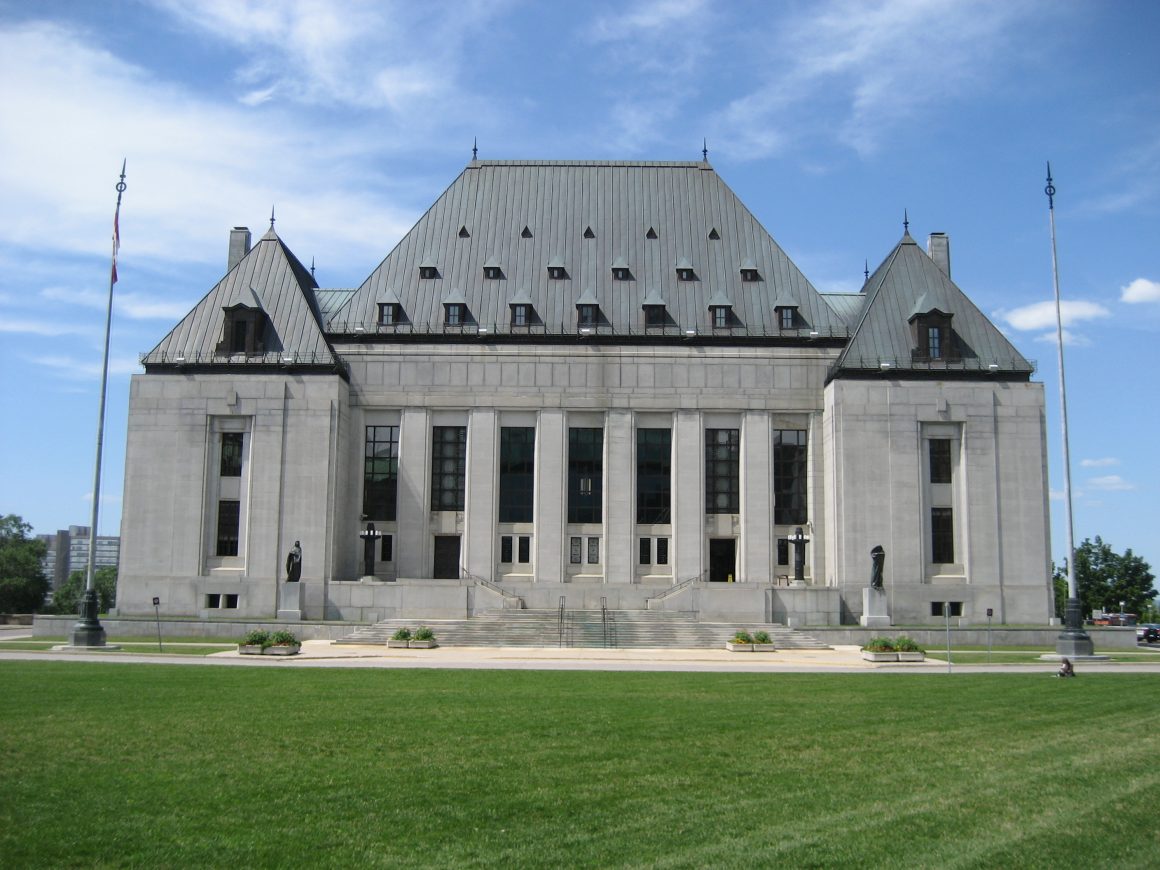
The notwithstanding clause is a fundamental flaw of the Canadian Charter
By Kayle Van’t Klooster, October 4 2018 —
The Canadian Charter of Rights and Freedoms is a keystone document in our country, but it has a fundamental flaw. The inclusion of Section 33 — the notwithstanding clause — is perhaps one of the worst mistakes Pierre Trudeau’s government ever made. Although it may have been a necessary compromise with the provinces at the time, it is dreadfully out of date. The time has come to put an end to the mockery the clause makes of our fundamental political rights.
The purpose of any bill of rights is to ensure the rights of the citizens. However, it’s important to recognize that the possible infringers of our rights are not foreign enemies but our own political leaders. A healthy democracy relies on a separation of powers to ensure that one office cannot rule absolutely and that voices not in power are still heard. Furthermore, we must have guarantees in place so that minorities are respected and treated fairly, preventing the tyranny of the majority.
Allowing governments to use Sec. 33 to override constitutional judicial decisions throws our rights out the window. Take the Marriage Act of 2000 passed by Ralph Klein’s Alberta government. It invoked the notwithstanding clause to state that even if the federal government or the courts legalized same-sex marriage, the province would continue to only recognize opposite-sex marriages. Although this law had no effect as the definition of marriage falls under federal jurisdiction, the intent and potential for harm this act had were still present. Despite the equality rights supposedly guaranteed in Section 15 of the Charter, discriminatory legislation, including this attempt by former premier Klein, to restrict the rights of the LGBTQ+ community, was perfectly legal. In fact, it isn’t even difficult to pass such damaging legislation, especially by a majority government.
This brings us to Ontario Premier Doug Ford’s worrisome attack on Toronto’s democracy. The courts originally ruled that Ford’s decision to cut Toronto’s city council in half seriously infringed on the rights of Torontonians and has stripped them of a concerning degree of representation. Despite the court decision, Ford went ahead with cutting council by invoking the notwithstanding clause.
The move disenfranchises citizens and disrupts the democratic process, especially considering that the municipal election was only a month away when the decision was finalized. What’s worse is that the justifications for this change are vague and unconvincing, with proponents reciting little more than simple conservative rhetoric like “cutting waste.” Although the Ontario Court of Appeals has now overturned the original decision, the fact remains that it ought to be up to the courts to decide. The notwithstanding clause neuters the power of our judicial system and has the potential to seriously disrupt the separation of powers.
Keeping the clause in the Constitution is not only irresponsible, but it’s also dangerous. It is easy for us to accept the clause, since Canada has been fortunate enough in its history to have never had any encounters with radical or authoritarian leaders. But we should never dismiss the possibility. That isn’t to say that one day we will wake up to a Canadian Trump or Erdogan, but even smaller measures of oppression like the failed Marriage Act still can do serious damage.
There is no solid reasoning against supporting the notwithstanding clause and all the reason in the world to repeal it. Our democratic rights are more important than personal or political conveniences. They should be reinforced by the full strength of our legal system.
